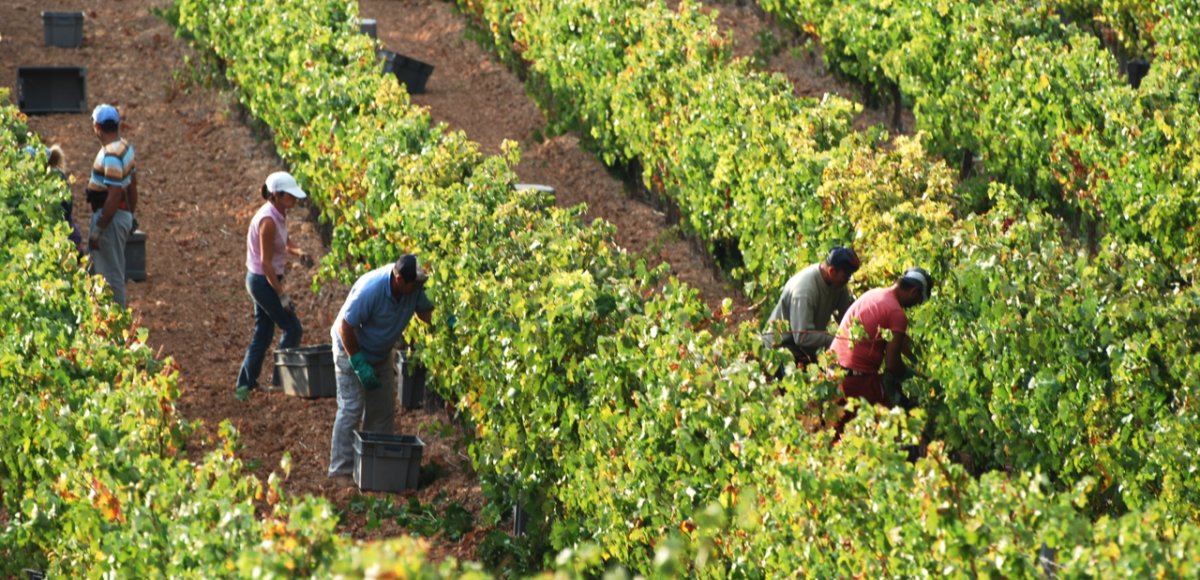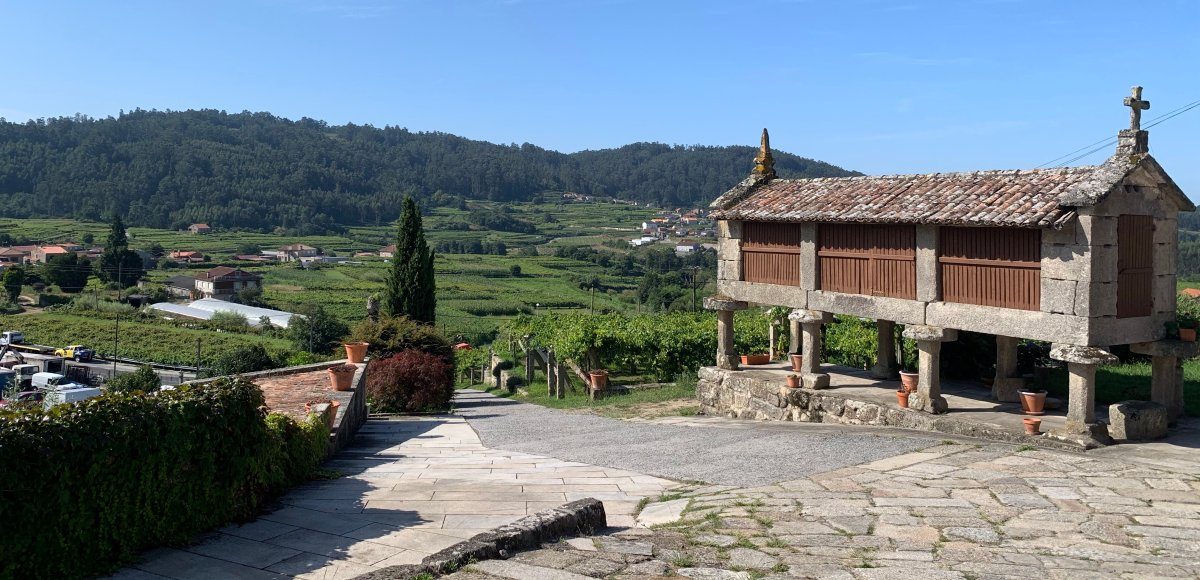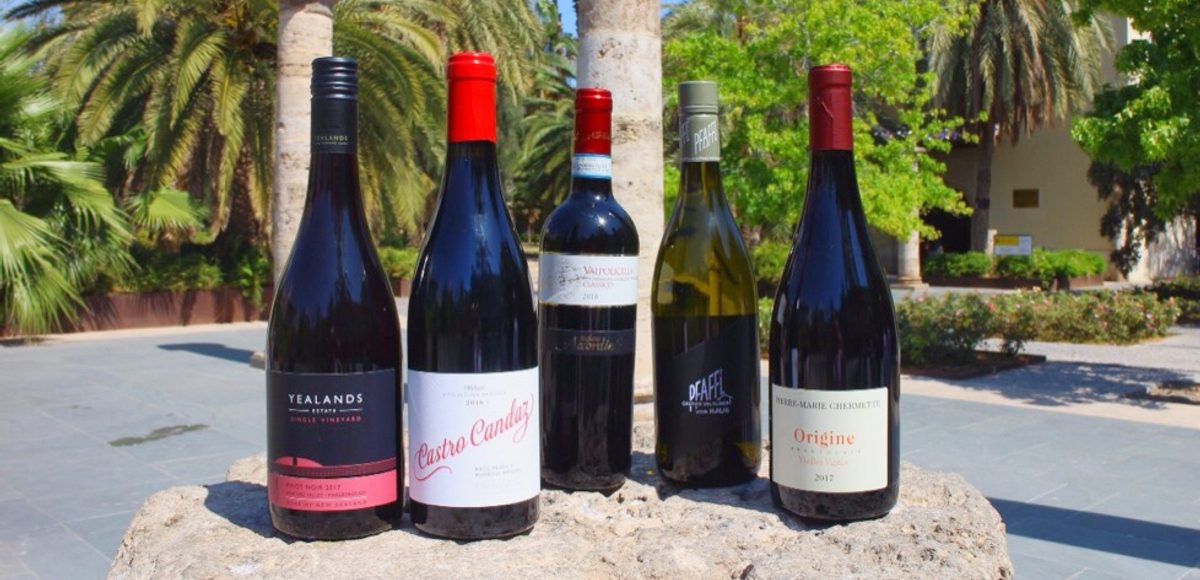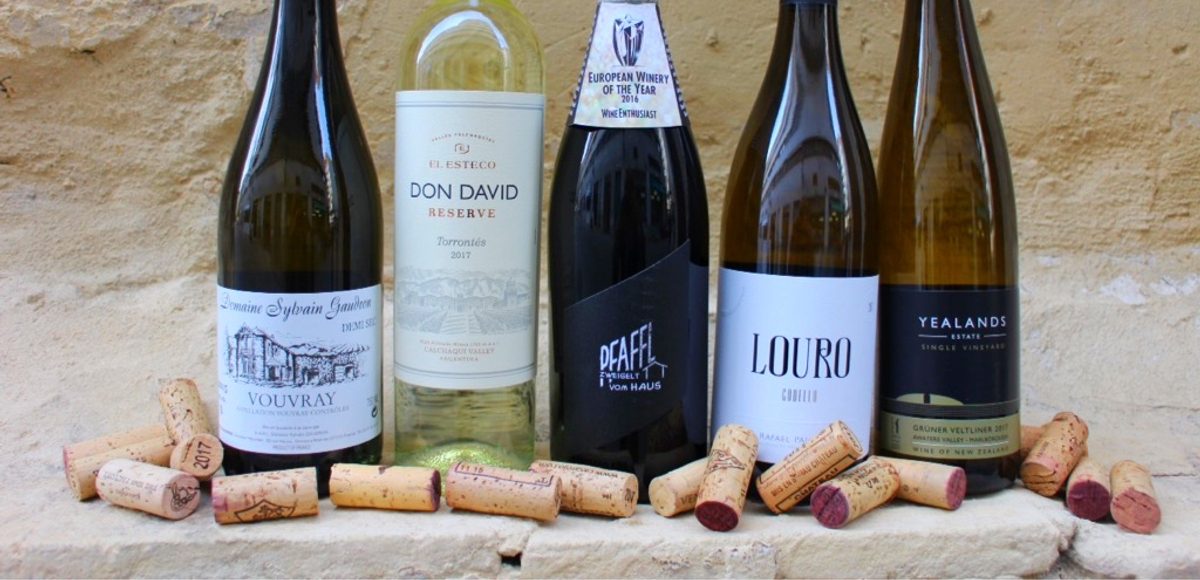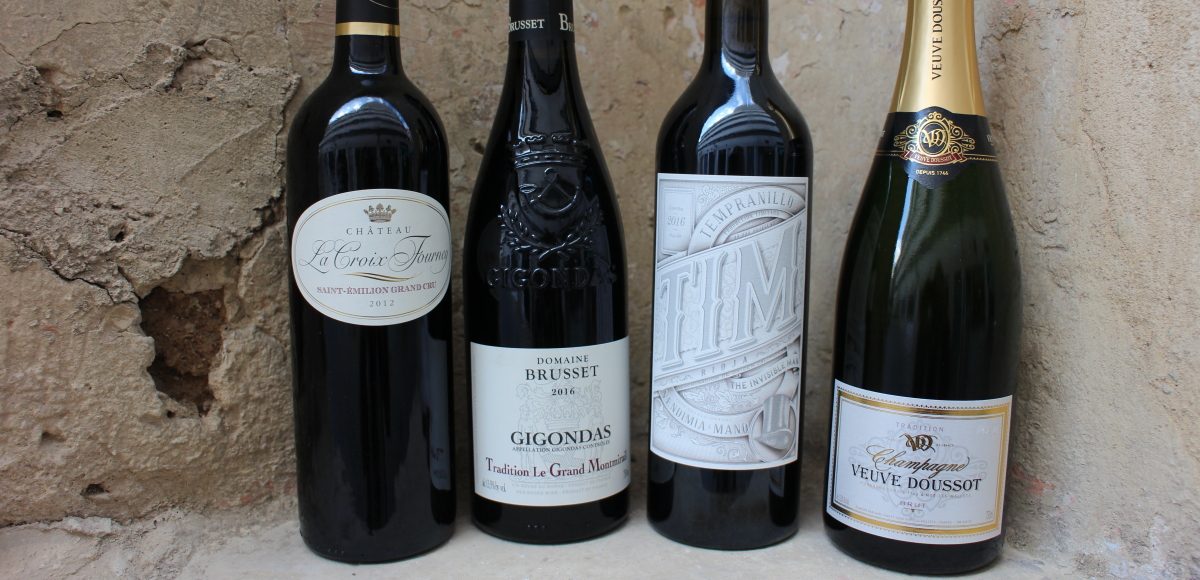It’s that time of year when wineries in northern Europe are working around the clock. The mechanical harvesters, presses, pumps, tanks and barrels are all scrubbed clean and ready for action. The frantic activity of the harvest begins in late august and until mid October, depending on the location, during which time the magic happens and the wine is made.
These are anxious times for growers with a close eye being kept on weather reports as there is a much higher risk of heavy rain showers and storms, look at what happened recently in Alicante and Murcia. Heavy rain can result in the grape absorbing too much water, which will dilute the flavours and aromas. Humidity can cause the grapes to rot more quickly. Also, the machines and pickers have to wait until flood water has subsided before they can enter the vineyards.
No two vintages are the same so decisions have to be made whether to pick early or wait until the grapes reach perfect ripeness when the sugars, acids and flavours are in perfect harmony. It is also the time when the grapes are at their most appealing to predators such a birds.
There is a window of just a few days when the grapes are at their peak. Growers are busy taking samples of grapes for analysis to test their ripeness. Just because a grape is sweet doesn’t mean it’s ripe. Other factors are just as important, the ripeness of the skin, which contains tannins and aromas and the seeds, which if not ripe can make a wine taste bitter.
When to harvest also depends the grape variety. Not all grapes ripen at the same time. There are those that are early ripeners, such as Chardonnay and Pinot Noir and those that are ripen later, such as Cabernet Sauvignon and Riesling.
Historically, it was accepted that harvesting would take place 100 days after the vines flowered. However, over the last 10 years due to warmer summers this ripening period is being shortened which creates new challenges in the vineyards to slow down the ripening process. One way of doing this by canopy management to protect the grapes from sun so that they do not ripen as quickly.
Generally it is the white varieties that are picked first. Wineries with mechanical harvesters have possibility of picking at night, this is particularly useful for aromatic varieties in hotter regions because at night the grapes are cooler and the phenolic characteristic of the grapes are less volatile. Also, it is not necessary to refrigerate the grapes when they arrive at the winery to reduce the temperature, this saves time, energy and money. When picking during the heat of the day the juice in the grapes is warmer and the delicate varietal aromas can be lost.
The most prestigious wineries pick their grapes by hand so that they can make a careful selection in the vineyards before taking the bunches to the winery. This requires teams of pickers, which is expensive. Not only that, in most wine regions there is a growing problem to find pickers at the right time. Some grapes can only be picked by hand, like those affected by botrytis to make sweet wine.
However, the most important decision is choosing the moment when to pick the healthy, ripe grapes. So keep looking at the skies, and pray to Bacchus, the god of wine, that the vintage will be good so that next year we can enjoy even better wines.






